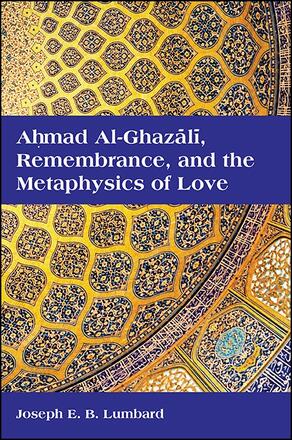
Ahmad al-Ghazālī, Remembrance, and the Metaphysics of Love
Alternative formats available from:
Discusses the work of a central, but poorly understood, figure in the development of Persian Sufism, Aḥmad al-Ghazālī.
Description
The teachings of Aḥmad al-Ghazālī changed the course of Persian Sufism forever, paving the way for luminaries such as Rūmī, Aṭṭār, and Ḥāfiẓ. Yet he remains a poorly understood thinker, with many treatises incorrectly attributed to him and conflicting accounts in the historiographical literature. This work provides the first examination of Aḥmad al-Ghazālī and his work in Western scholarly literature. Joseph E. B. Lumbard seeks to ascertain the authenticity of works attributed to this author, trace the development of the dominant trends in the biographical literature, and reconstruct the life and times of Aḥmad al-Ghazālī with particular attention to his relationship with his more famous brother, Abū Hamid al-Ghazālī. Lumbard's findings revolutionize our understanding of Aḥmad al-Ghazālī writings, allowing for focus on his central teachings regarding Divine Love and the remembrance of God.
Joseph E. B. Lumbard is Assistant Professor in the Department of Arabic and Translation Studies at the American University of Sharjah and author of Submission, Faith, and Beauty: The Religion of Islam.
Reviews
"With great care and effort, Lumbard has outfitted his reader with an impressive digest of early and later Sufi texts, many of which are not available in English translation, and some of which only exist as manuscripts … Aḥmad al-Ghazālī, Remembrance, and the Metaphysics of Love is a welcome mix of erudite and accessible, a significant fruit born of long and thoughtful gestation. It should prove an important reference for scholars of Aḥmad al-Ghazālī and Sufism in years to come. " — Reading Religion
"Lumbard's work makes a welcome contribution by filling in a major lacuna in the historical study of Sufism and medieval Persian (and Arabic) religious literature. It will also make for an excellent teaching tool in graduate or advanced undergraduate courses. " — Journal of the American Oriental Society